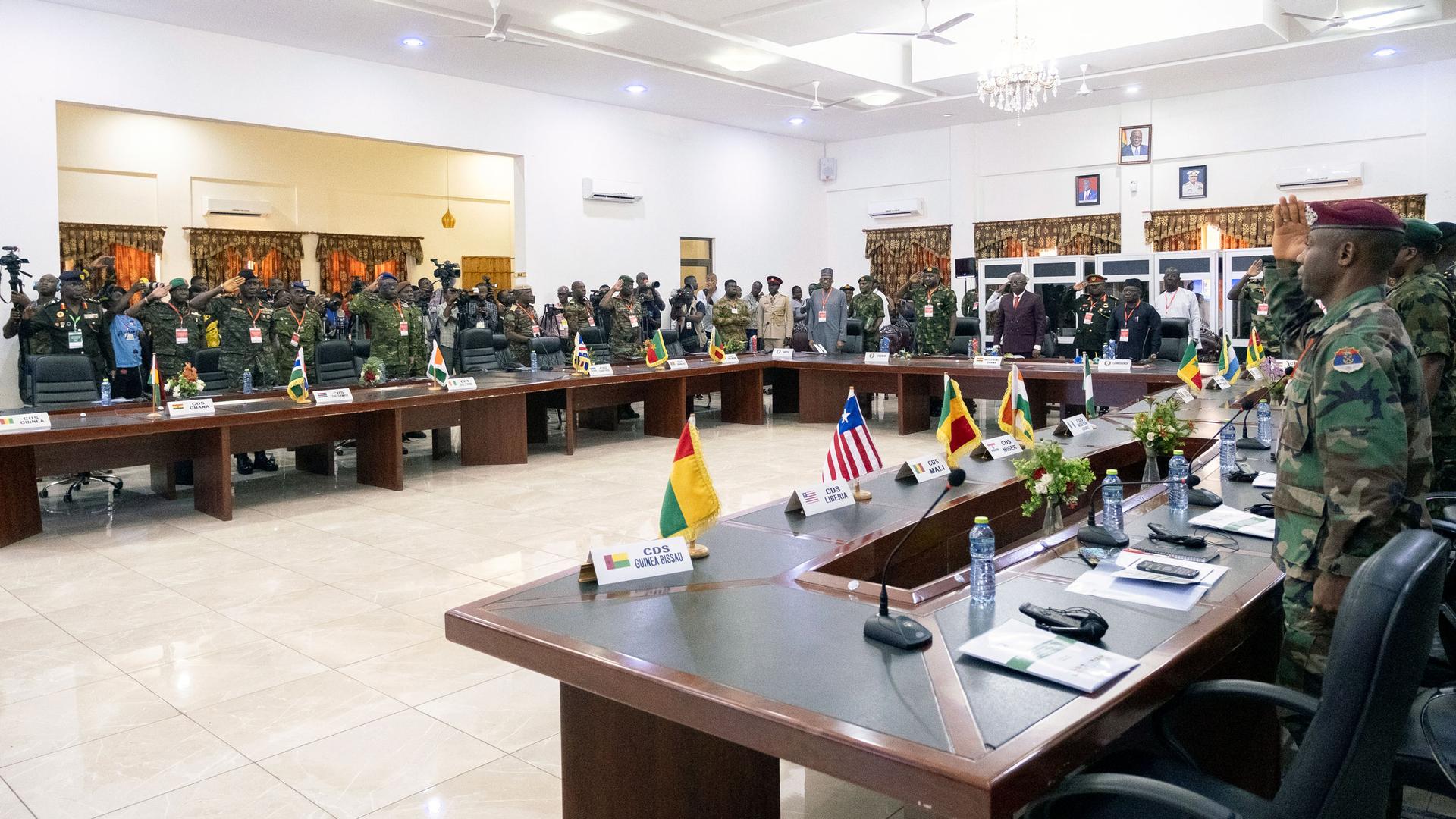3 coup-hit West African nations exit ECOWAS citing sanctions, no support against terrorism
Kadiatou Seydou moved to Ghana from Mali a year and a half ago to improve her English.
She left home just after the military assumed control of her landlocked country of 22 million people.
The military justified the coup to tackle the country’s problems with corruption, mismanagement and electoral violence under then-president Ibrahim Boubacar Keïta.
But since the coup, Seydou has returned to Mali to visit and said the situation has not improved.
“Even now, there’s a lot of terrorists, there is insecurity. The country is not secure,” Seydou said. “I can say that things are worse now but before, it wasn’t like that.”
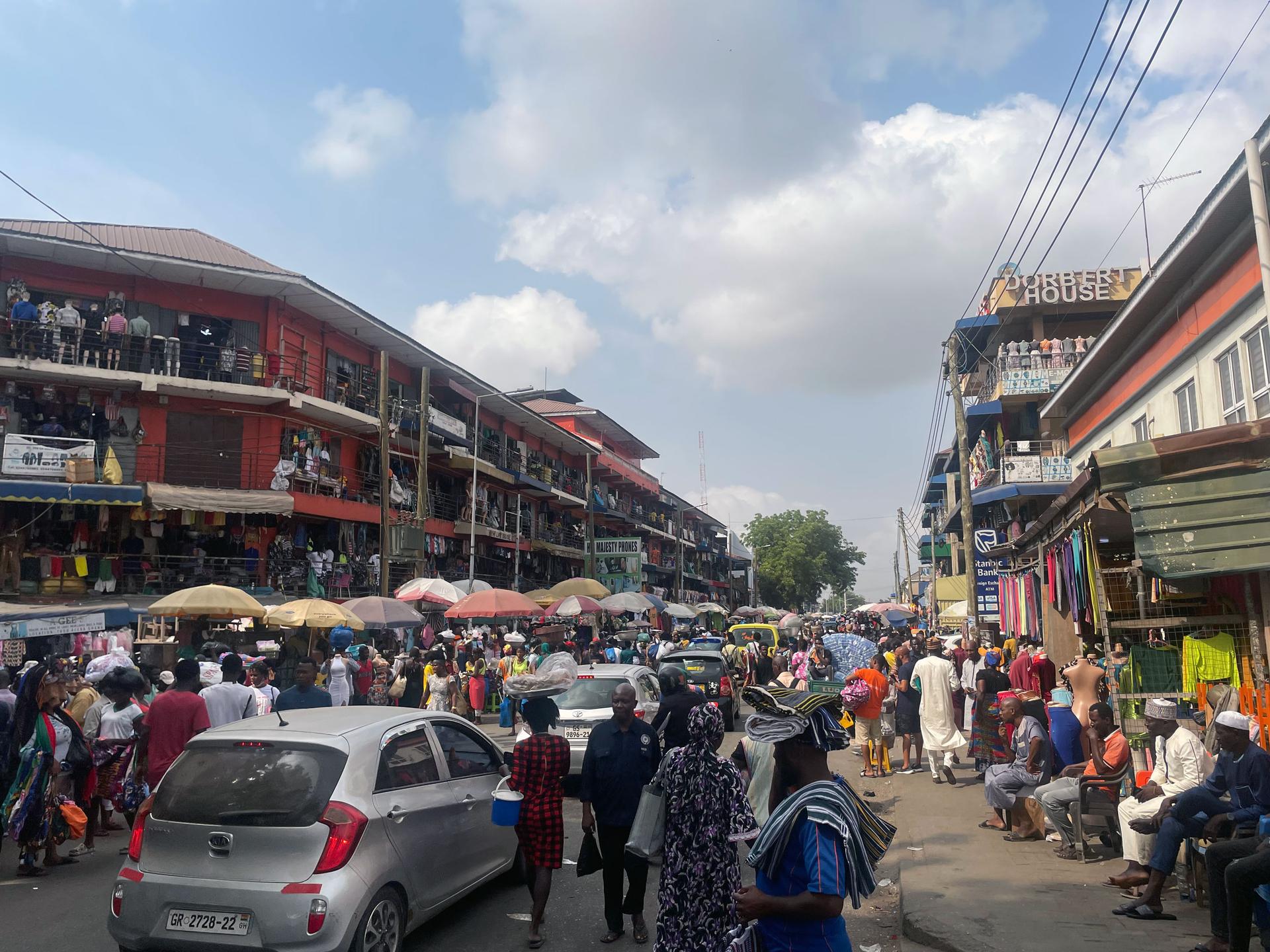
For more than a decade, the Sahel region in West Africa has been plagued by attacks linked to armed groups like al-Qaeda.
Mali, Burkina Faso and Niger have been the worst affected by militant Islamist groups.
Now, Mali — along with Burkina Faso and Niger — have announced their withdrawal from the regional bloc, the Economic Community of West African States, ECOWAS, citing “inhumane sanctions” and its failure to help these countries fight terrorist groups in the Sahel region.
Burkina Faso and Mali together account for 52% of all terrorism-related deaths in Africa, according to the Global Terrorism Index. Burkina Faso is the most affected by terrorism on the African continent and the second most affected worldwide.
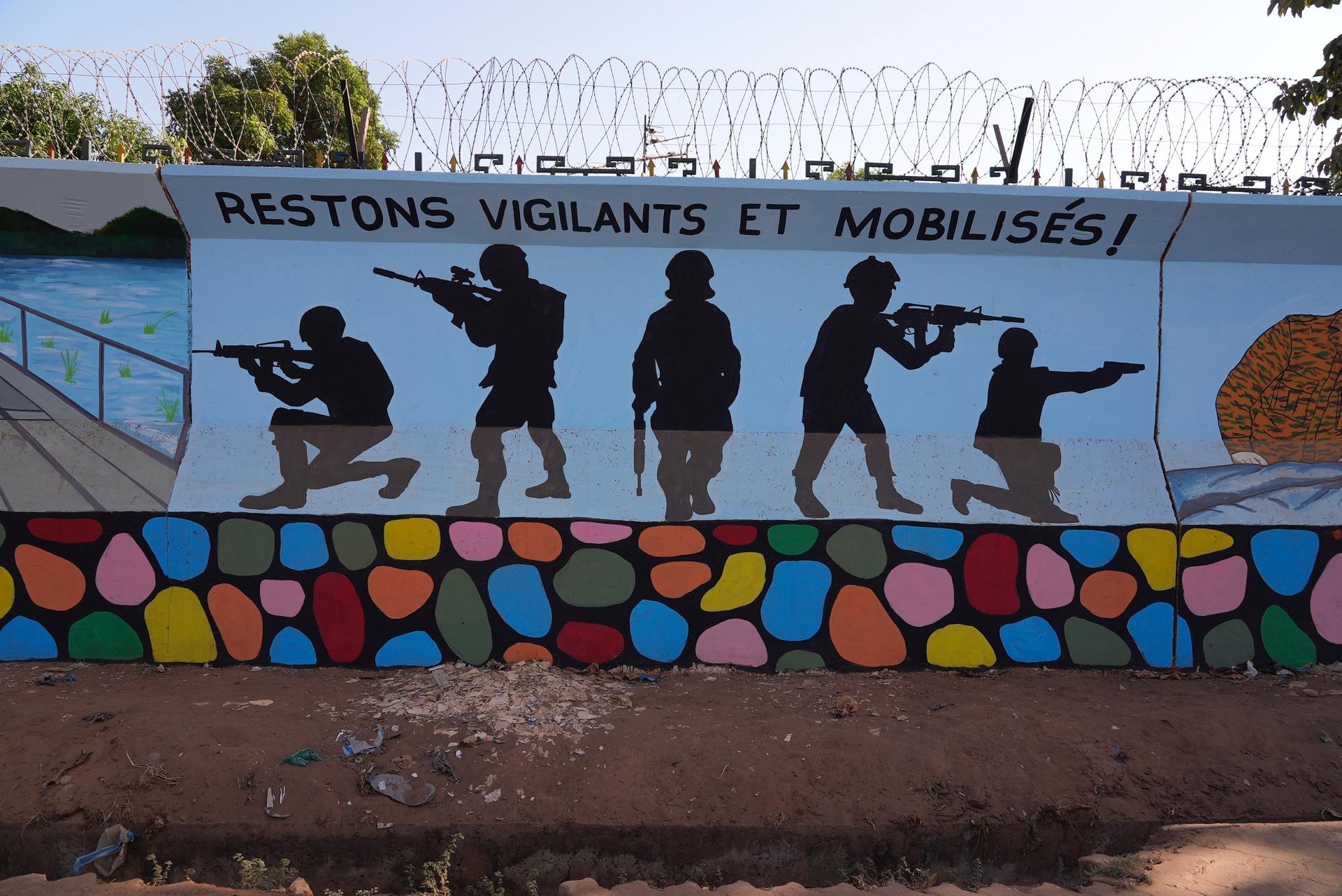
These countries expected that the ECOWAS would do more to help them fight terrorism. Instead, they were hit with severe sanctions and suspended from the robust regional organization.
Established in 1975, the ECOWAS allows for the seamless movement of goods and services across West African countries and enables millions of people to settle in neighboring states with visa-free travel and easy work permits.
It may be harder now for people like Seydou to travel freely across borders.
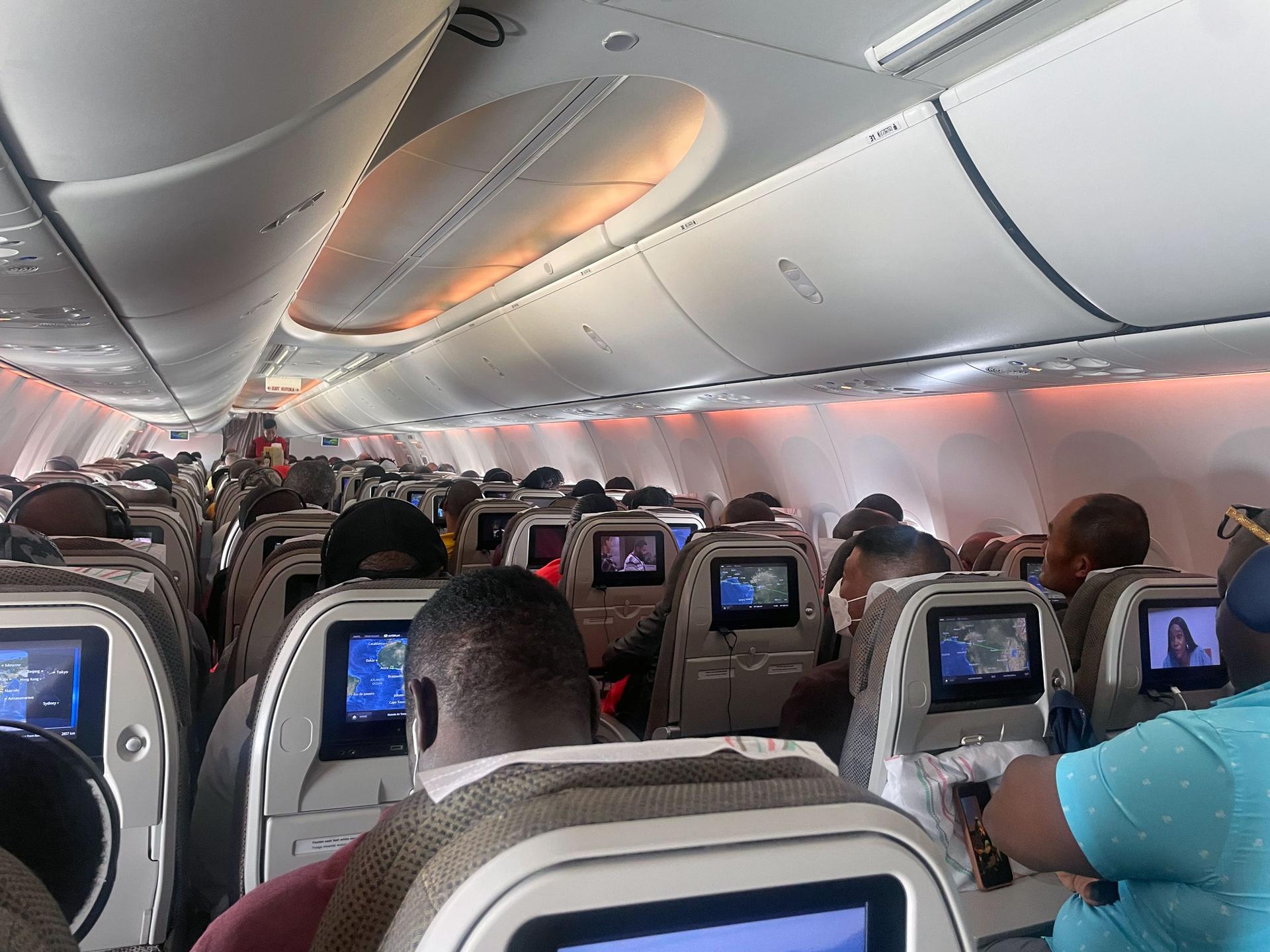
Seydou said she disagrees with Mali’s decision to exit the bloc.
“It is not necessary. These three countries don’t have a sea, there’s no ports. So what are we going to do? It is not the right time. Because we need the rest of the countries that are part of ECOWAS.”
Ivory Coast and Ghana supply electricity to Mali and Burkina Faso, and as active trade partners, this could impact access to electricity.
But Seyni Afizou, a 24-year-old student from Niger who has lived near Accra for the last six months, said he supports his country’s exit from the ECOWAS because the organization has not offered protection against terrorism.
“When the terrorists killed Nigerien people, Malian people and Burkinabe people, where was ECOWAS?”
“When the terrorists killed Nigerien people, Malian people and Burkinabe people, where was ECOWAS? But no one talks about it. And now we don’t care about them,” he said.
Niger’s army led a coup against then-President Mohamed Bazoum in July last year, blaming corruption, rising insecurity and a lack of economic growth. The soldiers said the intervention was necessary to avoid the inevitable demise of Niger, home to more than 25 million people.
Days after the coup, ECOWAS suspended Niger from the regional bloc and imposed economic sanctions.
“I think ECOWAS is useless. You see Bazoum, the former president, was stealing a lot of money. The people tried to remove him, and ECOWAS said, ‘No!’ Why? People said they prefer this military more than this Bazoum.”
Afizou added that ECOWAS and its democratic values have failed to bring social justice and economic equity to people within the Sahel region.
There have been six coups in West Africa within the last three years.
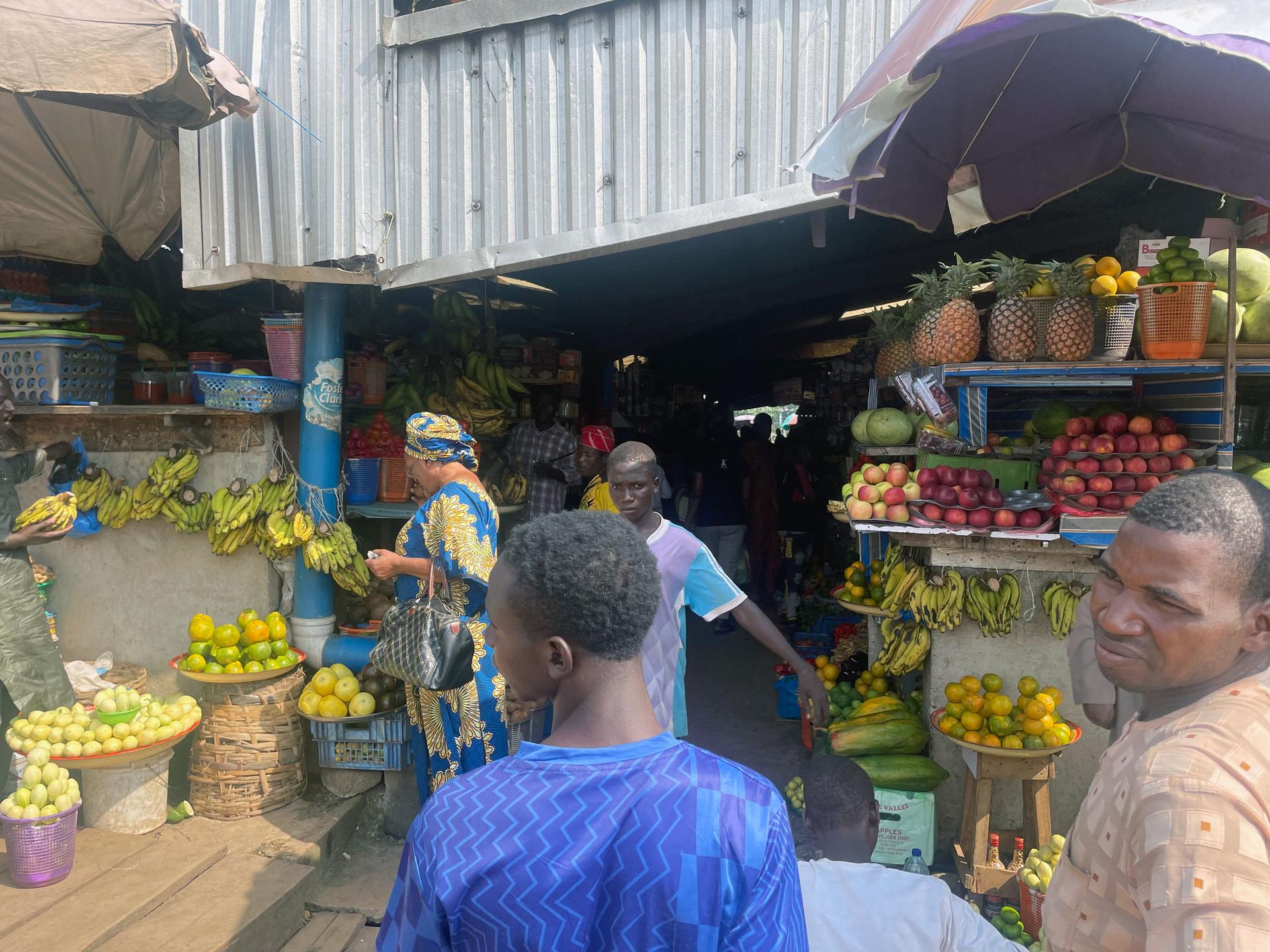
A 2023 Afrobarometer survey shows a decline in a preference for democracy in Africa, dropping from 75% in 2012 to 66%. Additionally, 53% of respondents said a coup is legitimate if civilian leaders abuse their power, which is often the case.
“We don’t need democracy,” said Aboubacar Drabo, 20, who moved to Accra three months ago from Mali.
“We saw 60 years of democracy. What happened? Nothing happened. This situation is the same and the situation is very bad.”
“Democracy doesn’t help Africa to develop themselves. We saw 60 years of democracy. What happened? Nothing happened. This situation is the same, and the situation is very bad,” he said.
Now, analysts are worried that the exit of Mali, Burkina Faso and Niger from ECOWAS will erode decades of progress within the West Africa bloc.
“There’s going to be a lot of hardship. There’s going to be really a lot of hardship,” said Ghanaian economist Joe Jackson.
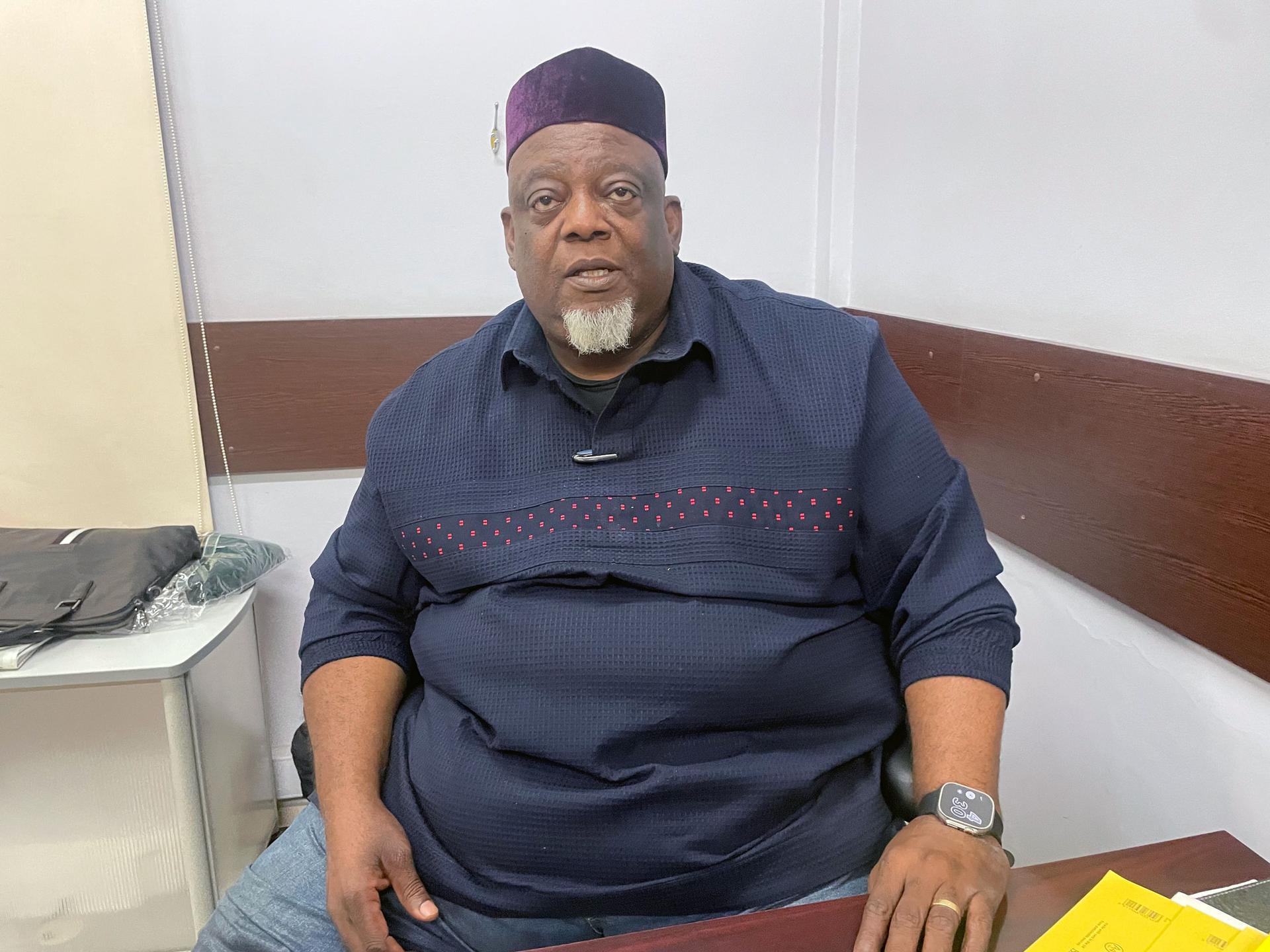
He said that leaving ECOWAS could further worsen hunger, poverty and already fragile public health systems in Mali, Niger and Burkina Faso. This could also disrupt trade and services in the West African subregion, valued at almost $150 billion annually, he cautioned.
“Goods that we import from these countries, especially Burkina [Faso], especially the foodstuffs, are not going to come again. That’s a problem for us,” he said.
Jackson said the exit could also potentially lead the three countries to seek markets outside the continent, like in Russia.
Naana Abena Appenteng, a tomato trader in Accra, said the exit will adversely affect her access to high-quality tomatoes from Burkina Faso. In 2022, annual tomato imports from Burkina Faso to Ghana hit a staggering $400 million.
“Now what will I tell my customers if Burkina Faso stops selling or transporting to us? Things will be really tough for me,” she said.
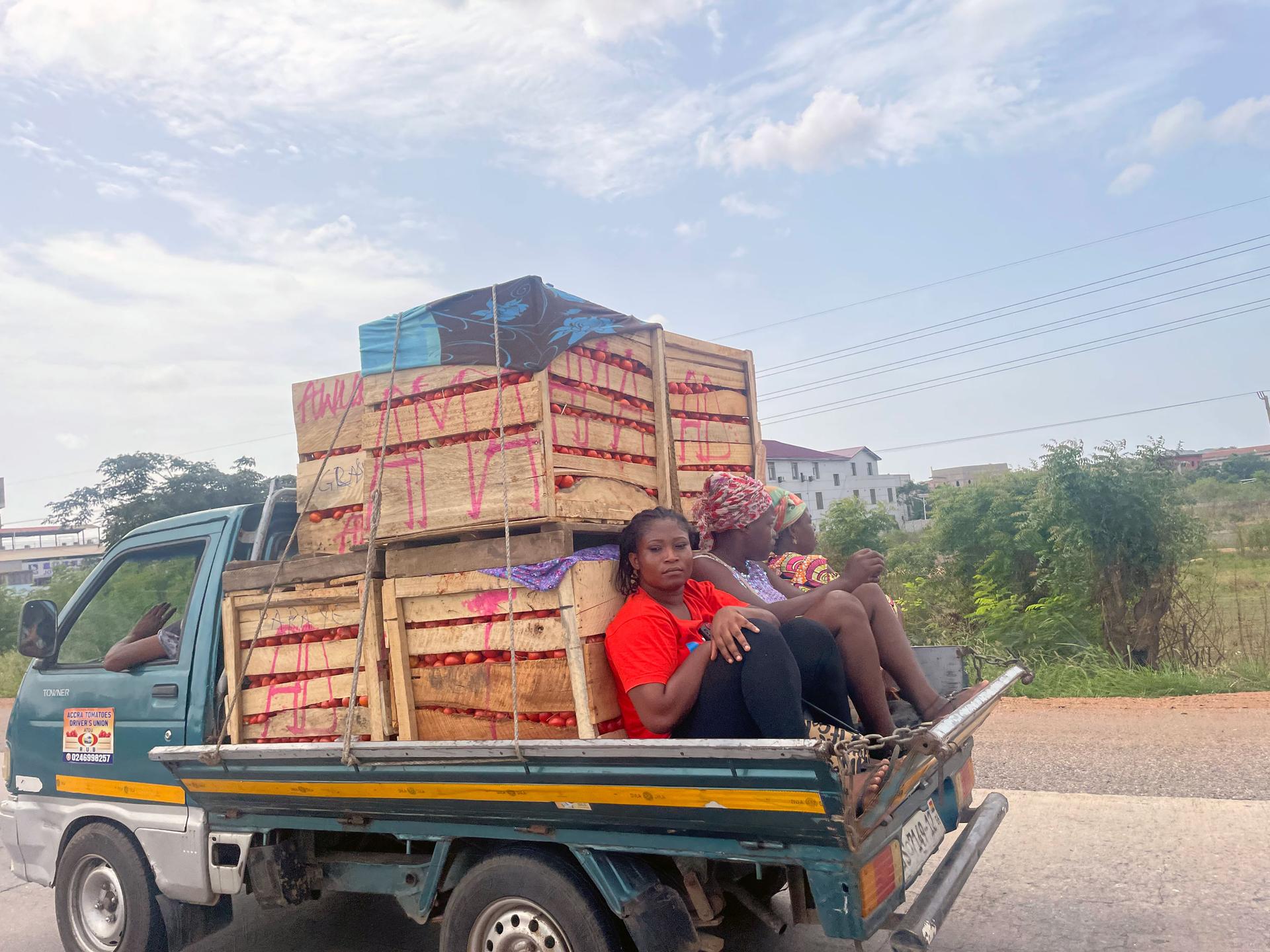
Implications of the exit go beyond regional economic integration. Adib Saani, a security and international relations analyst in Ghana, said a lot is at stake.
These three countries are most impacted by terrorism, he said. Withdrawing from ECOWAS could compromise the region’s counterterrorism efforts.
In September last year, the three countries formed the Alliance of Sahel States to work together against potential armed rebellions or external aggression.
Saani said this sort of division in the region is dangerous.
“Terrorists want to see us divided. If we are divided, we wouldn’t be able to galvanize resources to counter them.”
“This will work to the advantage of terrorists. Because terrorists want to see us divided. If we are divided, we wouldn’t be able to galvanize resources to counter them. They might even look forward to spreading their tentacles to other countries that haven’t been impacted by terrorism such as Ghana.”
Saani wants ECOWAS to persuade the three countries to stay members — it remains to be seen whether they will reconsider their exits.
But Burkina Faso’s military leader Ibrahim Traoré said the move to exit ECOWAS was thoughtful and strategic.
“It’s not a burst of anger. If it was an outburst, we would have done it a long time ago.”
